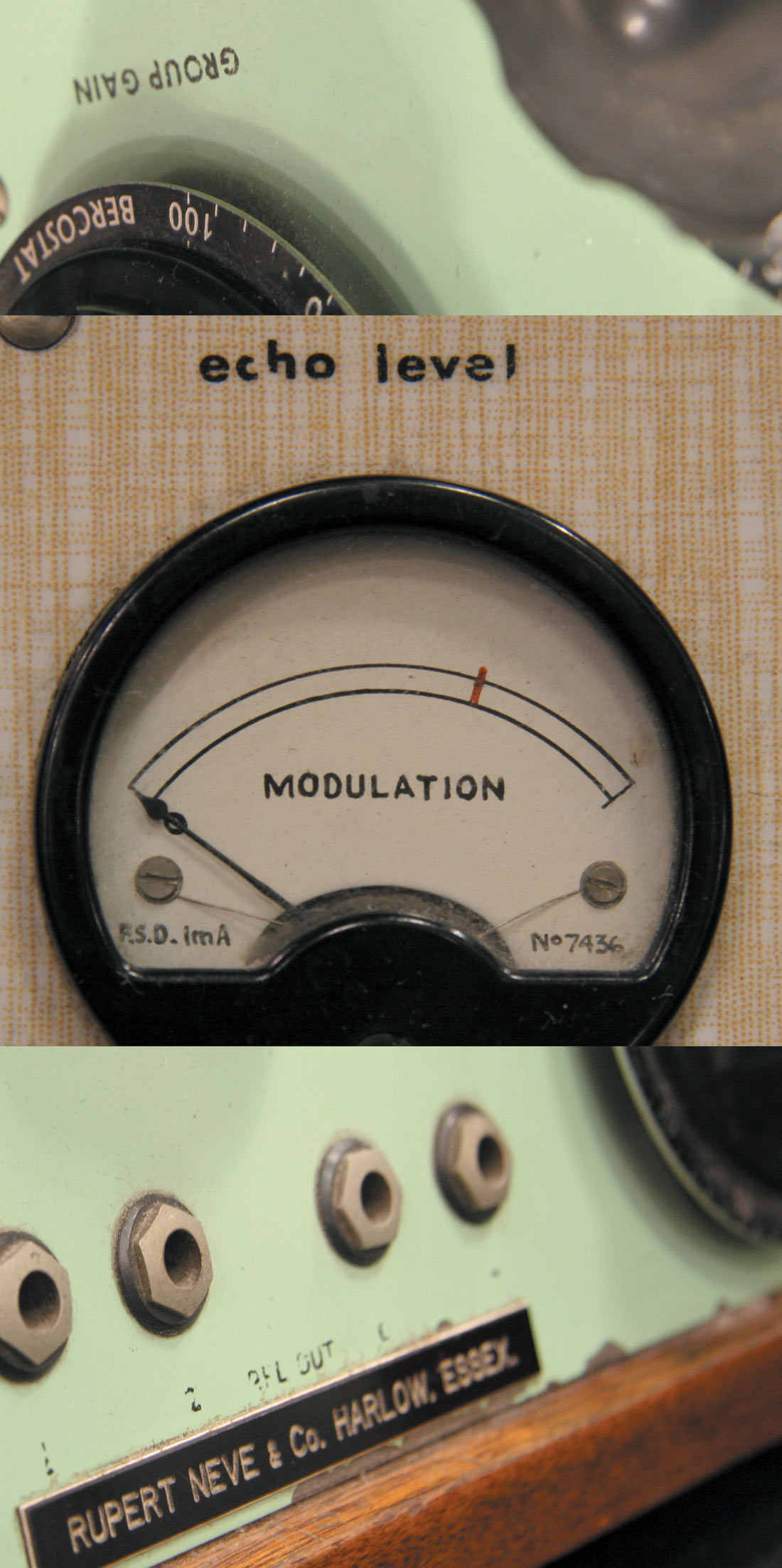While appearing on a couple of radio shows at two different studios, I found myself amazed by the sound of my voice through two well-known broadcast mics: the Shure SM7 and Sennheiser MD 421. I'm a male baritone, and both mics sounded full and rich on my voice, without a hint of boominess. I was well aware that these stood in high regard in the pro audio world as well, and figured that one of these days, I'd have to get one for my home studio.
It was while trying to decide between the two that I found out about the Heil PR40. Heil's answer to the SM57, the PR-20, had gotten some positive attention from the online recording community, and I wondered if the larger mics in the line might sound good too. I'm kind of a sucker for the less-than-obvious choice, and once I realized that the PR40 was loony radio-talk-show host Art Bell's favorite mic, I decided to give it a try.
As it turns out, the PR40 is good for more than revealing the secrets of the alien autopsy. It arrived in a small cardboard carton; inside was the "beautiful cherrywood box" Heil promised the mic would ship with. As it happens, this box arrived in pieces courtesy of UPS. (New mics are now sold with a sturdy aluminum flightcase.) Luckily, the mic itself is extremely sturdy and heavy, and is around the size of an SM7. It looks a lot like a large-diaphragm side-address condenser, but is front-address. It comes with a basic mount, which I eschewed in favor of a shockmount I already had.
Heil makes some pretty extreme claims on their website-one is that the mic is "the absolute quietest microphone... ever." I don't know about that, but the mic's self-noise is indeed outrageously low. Any noise you hear is likely to be from your preamp, as the mic does require a fair amount of gain; 40 dB or so did the trick for me.
Another claim is that "the dynamic Heil PR40 looks like, feels like, and acts like a condenser in every respect." Well... it doesn't. That's why I bought it! It does, however, sound great. The party line on this mic is that it has an unusually rich low end for a dynamic, and so I expected the lows to be hyped. They're not. But they are there, and they are clear and musical. The mids are thick and accurate, and the highs, once again, are unhyped but present. Overall response feels almost totally flat, but not at all dull. I've tracked several songs with it, the vocals ranging from hushed and close to quite loud, and they really do sound drastically different from the ones I tracked with a condenser; it's more of a "vintage" sound, strong in the mids, and not crowding out the entire spectrum the way a lot of modern rock vocals seem to. I also did some handclaps, and they sound awesome-meaty and crisp as a rasher of bacon. You might like to try this mic on high transients-tambourine, maybe-and though I haven't given this a shot yet, I think it would flatter the hell out of a guitar cab, as its brother, the PR30, is said to do.
At the moment, the PR40 is my main vocal mic; nothing I have sounds better on massed, multi-part harmonies. I've also recorded some spoken word stuff I was doing, and as you might guess, it really excels there too. If you're in the market for an SM7, RE20, or MD 421, definitely consider the Heil as well... it's right in that price range and should give them all a run for their money.
($325 MSRP; www.heilsound.com)
Tape Op is a bi-monthly magazine devoted to the art of record making.




_disp_horizontal_bw.jpg)